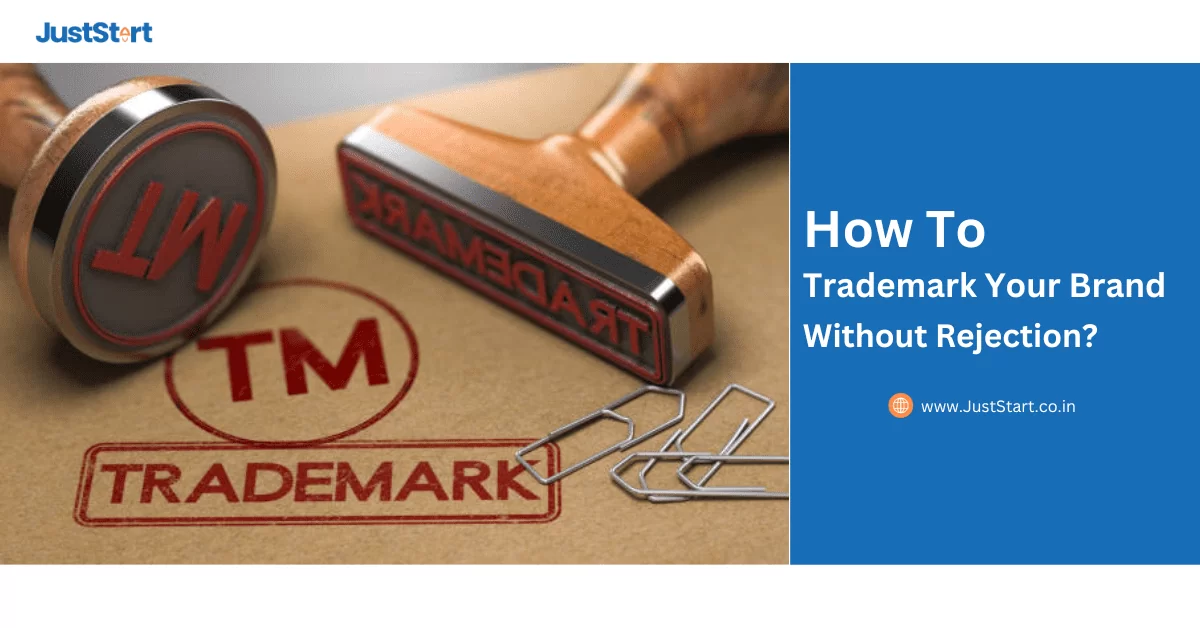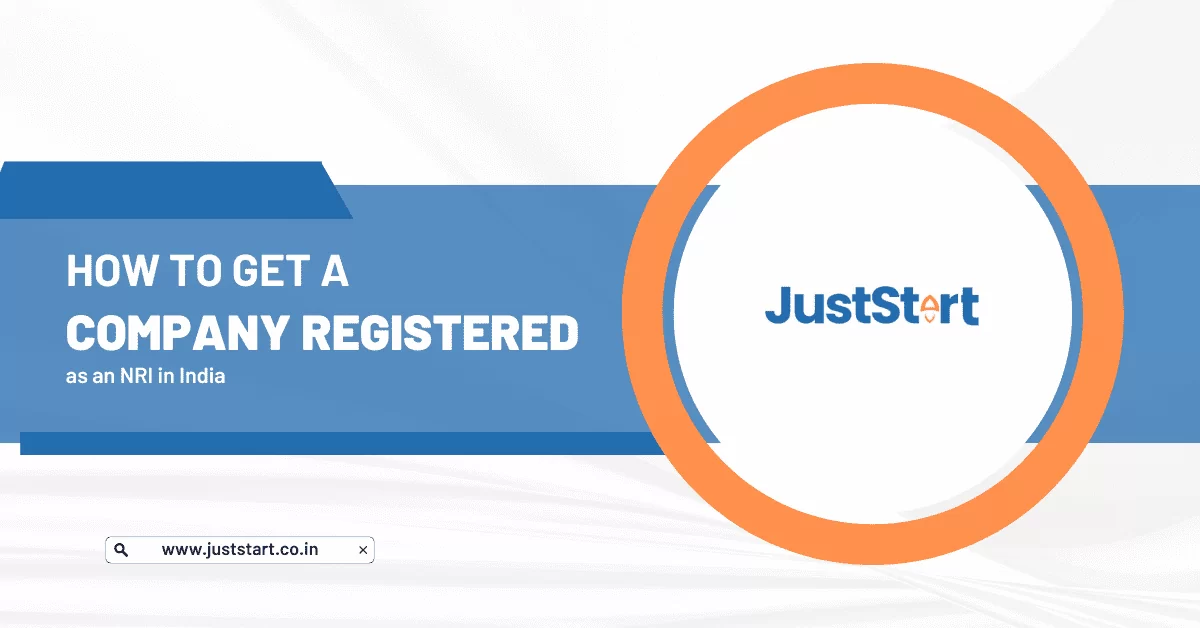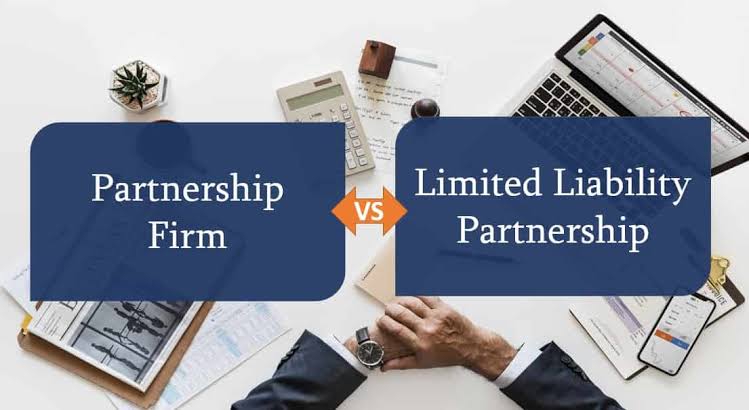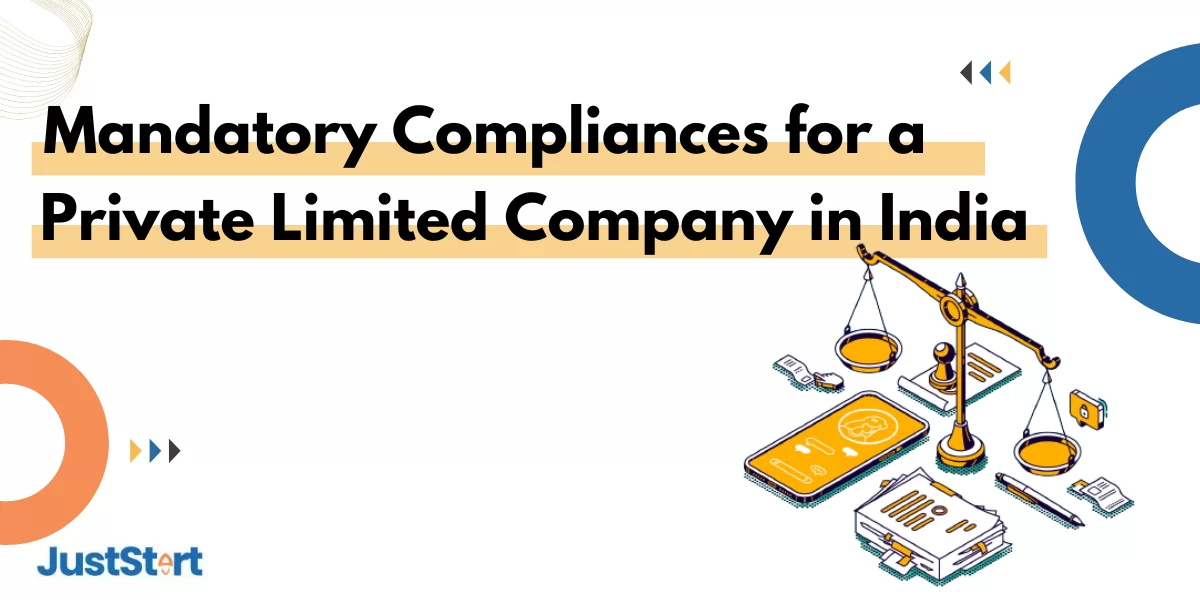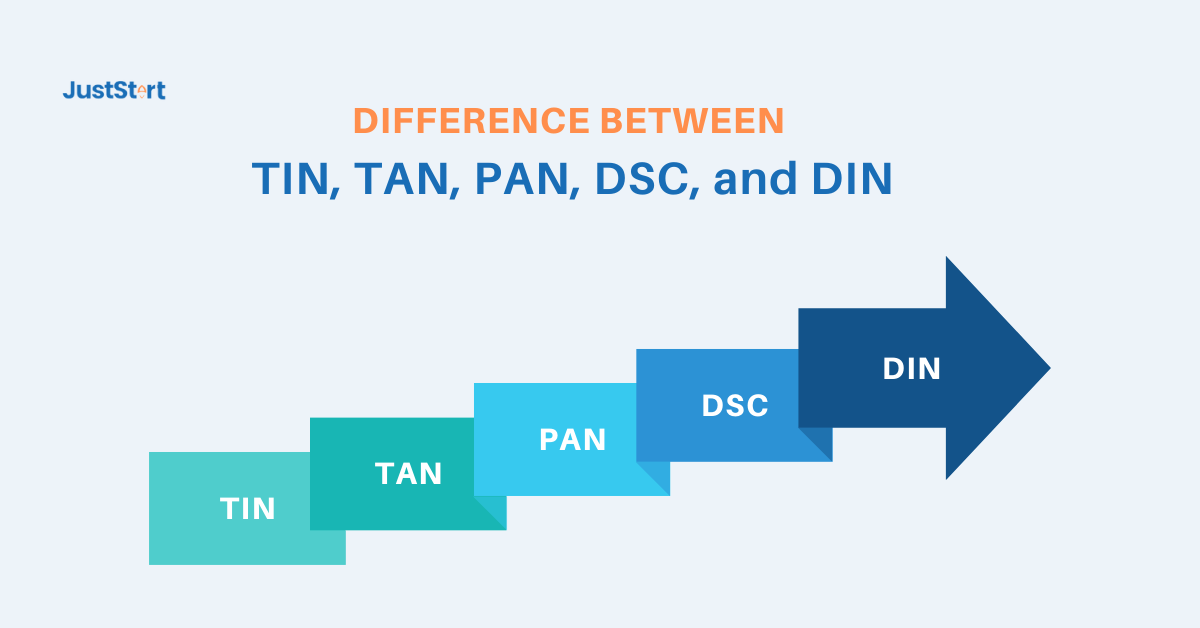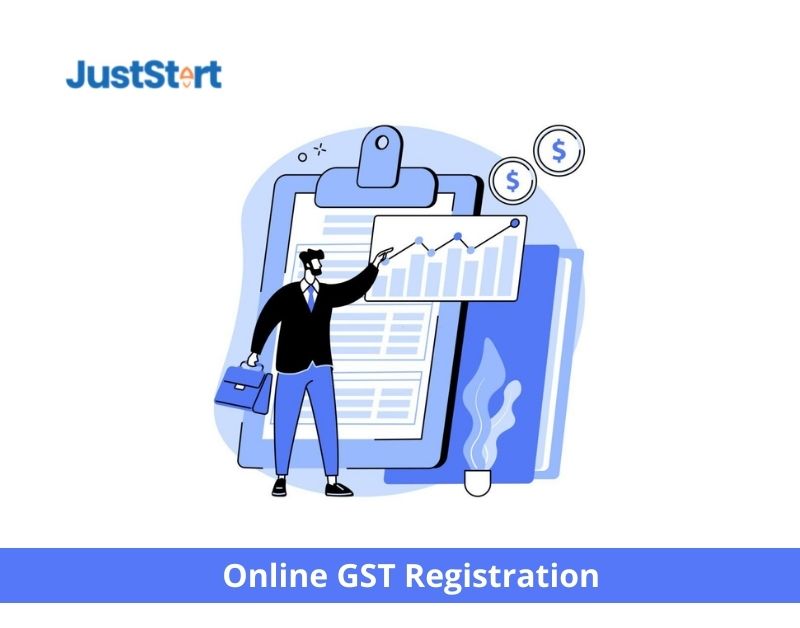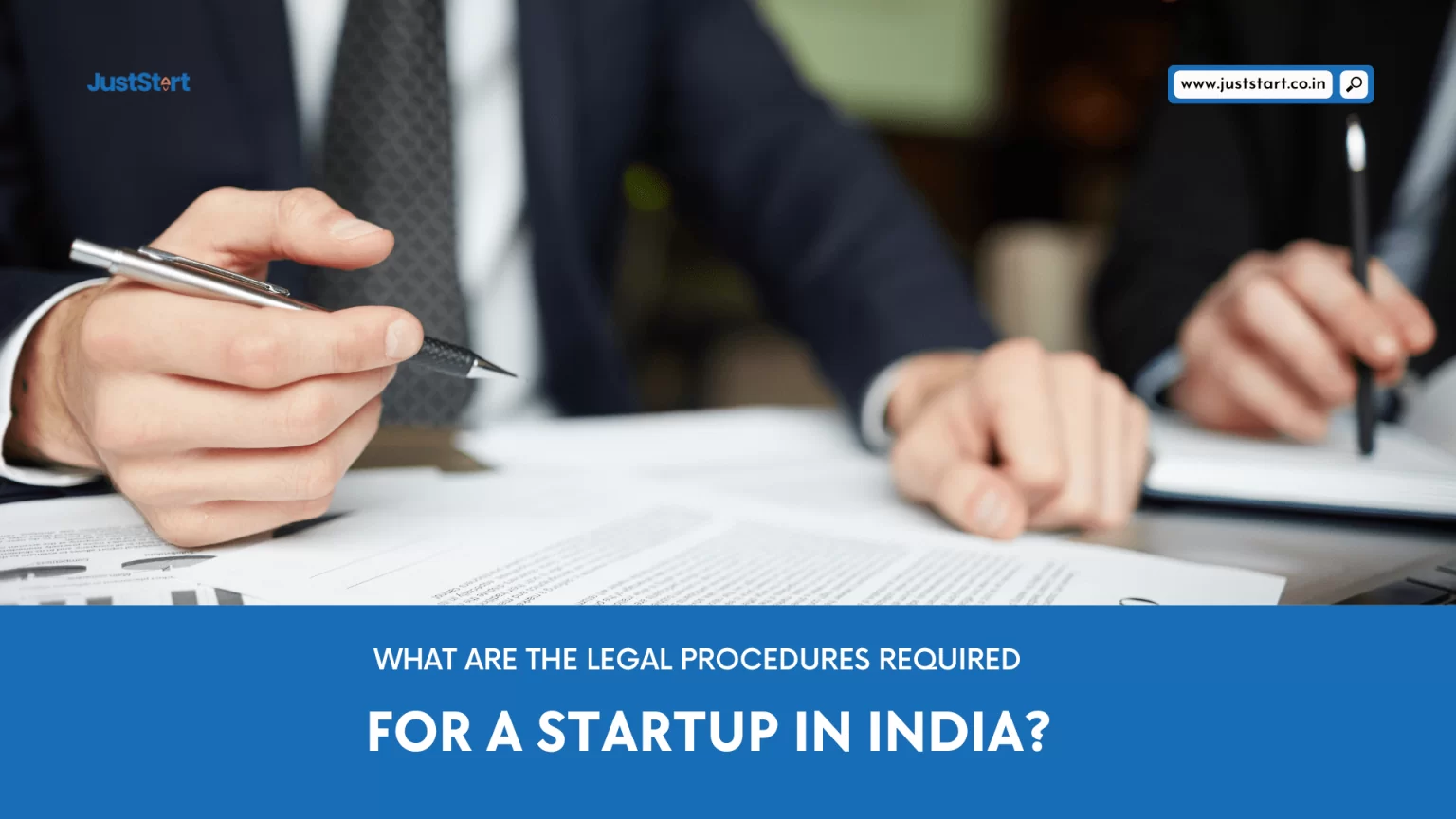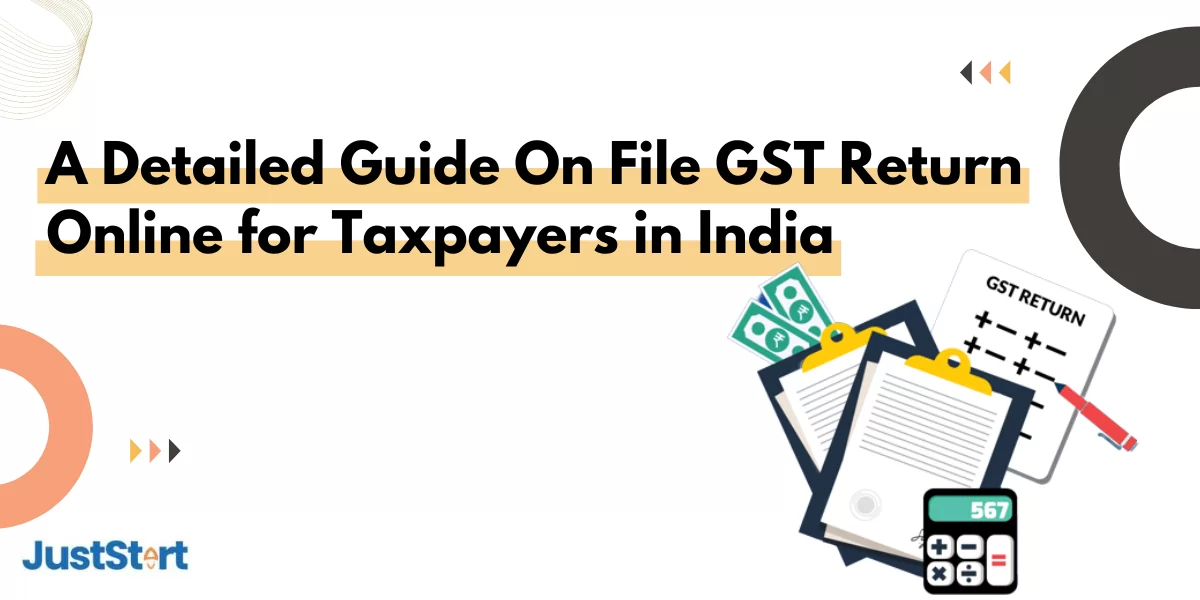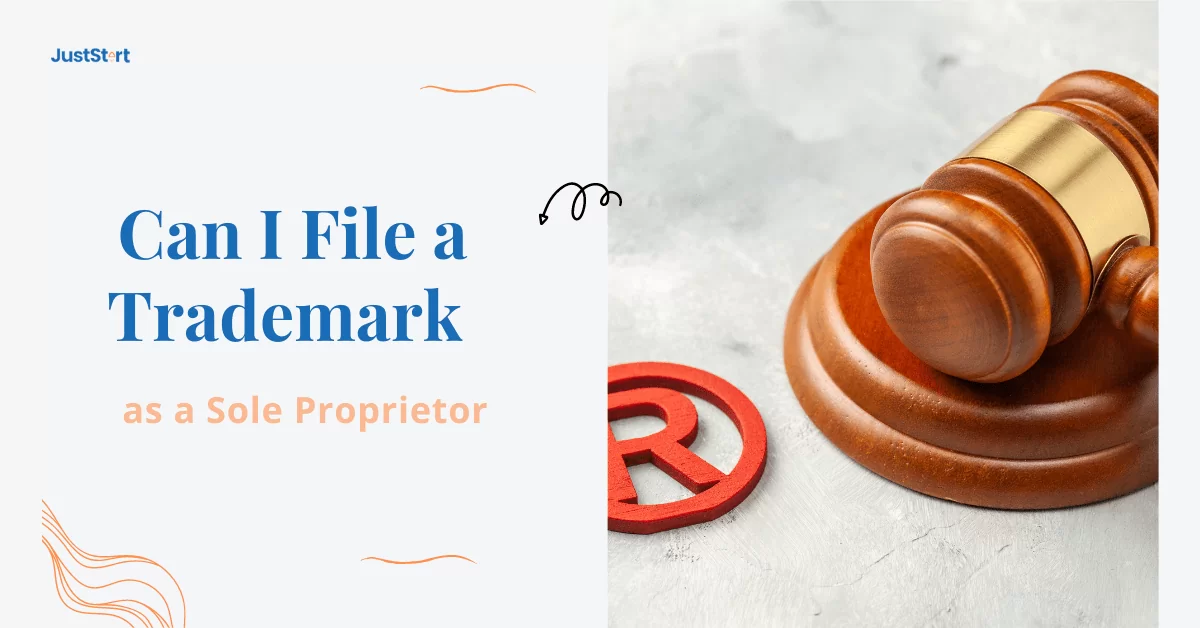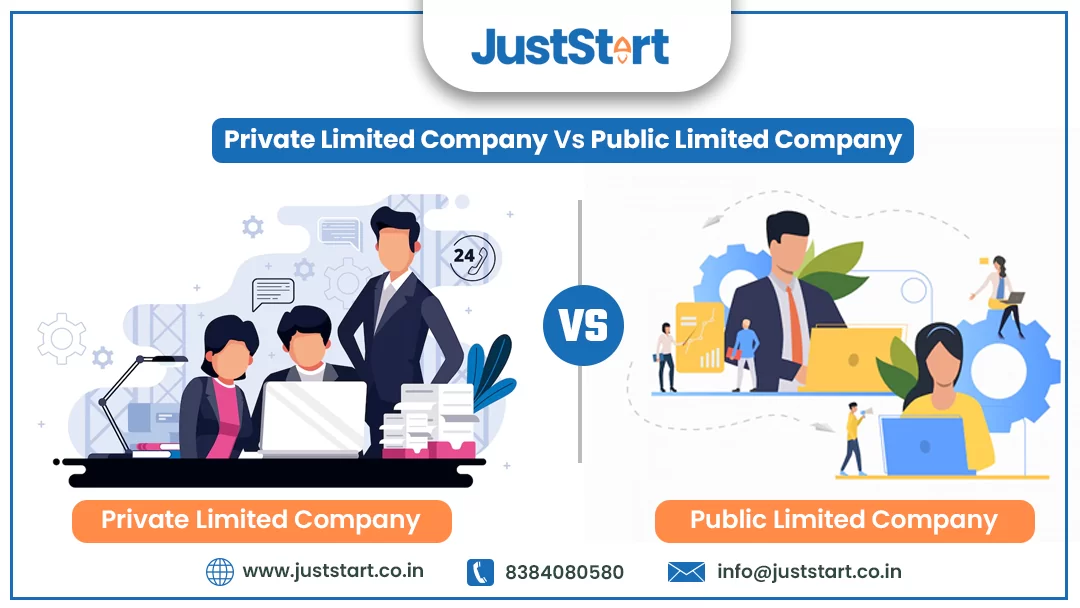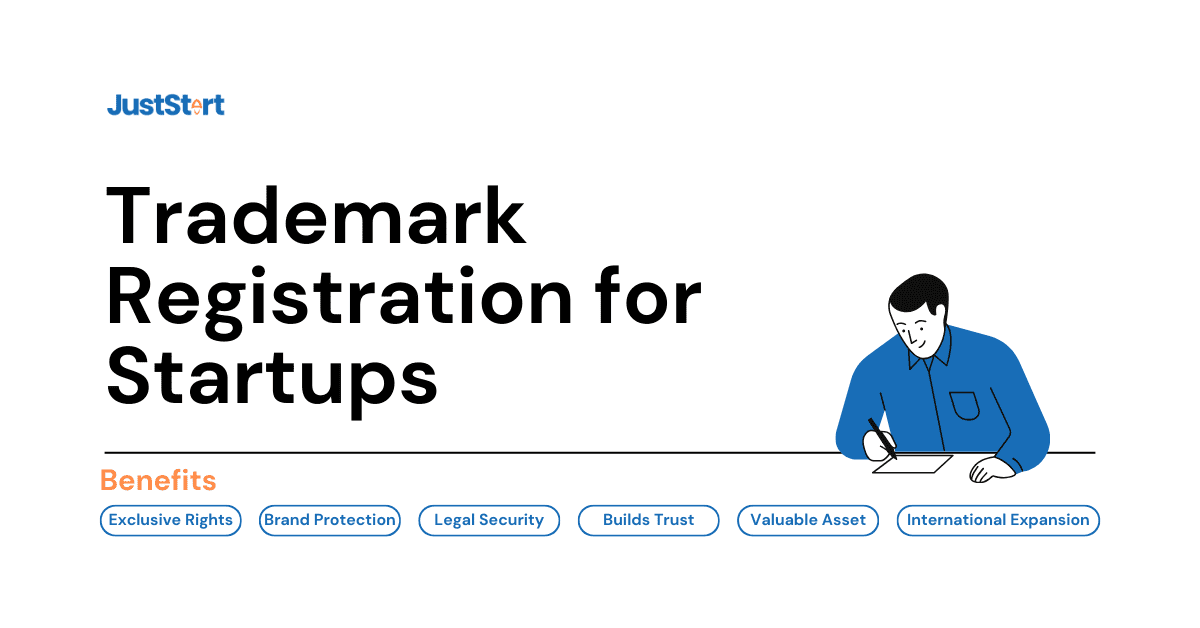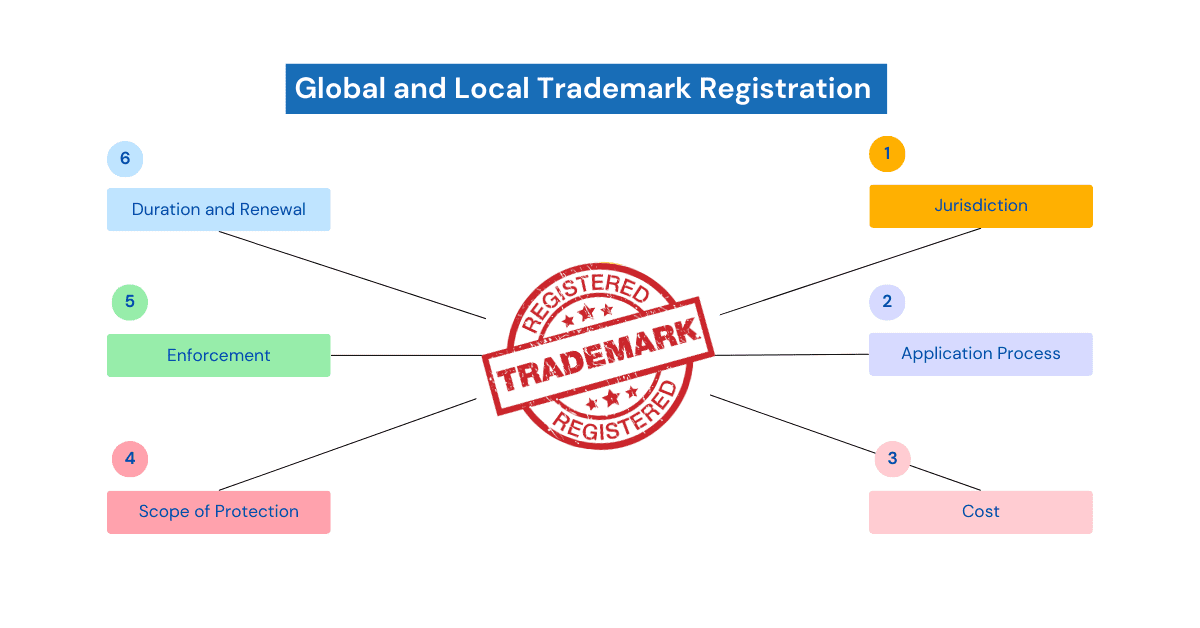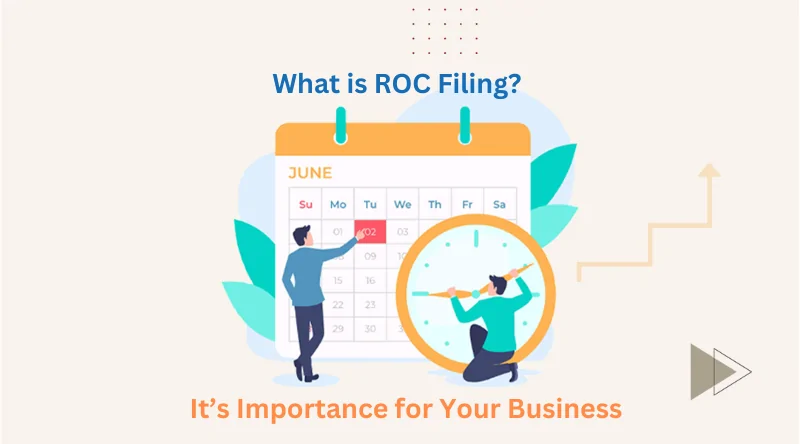
A Private Limited Company is a business entity whose members have limited liability, and their shares are not available for public trading. Shares and securities of Pvt Ltd Company are widely used by small businesses, family-owned companies, and start-ups due to their many advantages.
One of the most important aspects of running a private limited company is to protect its shareholders from financial losses. Different types of securities offer unique advantages and disadvantages, and you can choose the one that best suits you.
Private limited companies generally use equity capital as their security type. Equity capital represents each shareholder’s ownership stake in the company and provides them with voting rights and potential profits on dividends or other forms of return on investment.
Some private limited companies choose venture capital investment as an alternative form of financing their growth plans. This type of financing generally requires more detailed diligence than debt or equity financing because venture capitalists need to know more about the potential risks associated with a new business idea before they commit funds toward it.
Overall, there are different types of shares and securities for private limited companies that are used for their specific needs and goals at any given time. Understand the options available when raising capital to find the right option.
Private limited companies can use various securities to raise capital and finance operations. These include equity, debt, preferred stock, and warrants.
Important when starting out
1. Private limited companies commonly issue equity as the most common form of security. Equity represents ownership of the company, which is sold in an IPO to outside investors or employees. Founders or early-stage investors can also receive equity in return for cash.
2. Private limited companies commonly use debt as another form of security. They sell bonds or loans to outside investors or lenders in exchange for a set interest rate and repayment schedule. This financing allows the company to access funds without giving up an ownership stake or control over operations.
3. Preferred stock is a mixed form of equity that gives shareholders certain rights that are not granted with common shares. Preference shareholders generally receive priority in respect of dividends, voting rights, and liquidation proceeds if the company goes out of business. They usually have a greater influence on corporate decisions than common shareholders.
4. Private limited companies use warrants to raise capital without giving up control over operations such as an ownership stake or debt financing. Warrants are similar to options in that private Limited companies give holders the right (but not the obligation) to purchase additional shares at a specified price at some point in the future if they choose to do so at their discretion.
Private limited companies may issue different types of shares to their shareholders. The types of shares and securities issued for Pvt ltd Companies depend on the capital structure of the company, the rights granted to shareholders, and other factors.
Major Types of Shares in a Private Limited Company
Common Shares: These are ordinary voting shares that give the holder an ownership stake in a company and entitle them to dividends and other benefits. Shareholders generally get one vote per share and are called “ordinary” or “equity” shares.
Preferred Shares: Preferred shares carry special rights, such as priority in dividends or liquidation proceeds, but have no voting rights. They often pay higher dividends than common stocks but they are less likely to grow if the company performs well financially.
Types of Preference Shares in Companies
There are several types of preference shares in private limited companies in India, including:
– Redeemable Shares: The company can buy back redeemable shares at a pre-determined price at any time to raise capital without diluting the stake of existing shareholders.
– Cumulative Preference Shares: Holders of this type of preferred share are entitled to cumulative dividend payments for as long as they maintain their stake in the business and any missed dividend payments must be paid out before the company can declare any new dividends.
– Participating Preference Shares: These combine the characteristics of common stock and preferred stock – holders receive both fixed dividend payments. Excess returns depend on how much profit the business makes during each year’s trading period.
– Non-voting Preference Shares: Similar to regular preferred shares but without any voting rights – these provide investors with stable income through fixed dividend payments. While still allowing them some degree of liquidity should they wish/need to sell their holdings at some point down the line.
– Sweat Equity Shares: Sweat equity is issued to promoters or employees who contribute their expertise or services to building the business without receiving monetary compensation for their efforts. Sweat equity holders have the same rights as equity shareholders, such as dividends and capital appreciation, but lack voting rights.
In India, the Companies Act 2013 regulates the registration of various types of companies, including private limited companies. This law stipulates that all private limited companies must issue a certain number of shares.
When registering a Pvt Ltd Company in India, it is important to adhere to all legal requirements for business related to issuing various types of shares for the registration process to be successful and legally compliant.
There are many types of shares in private limited companies. Depending on the size, structure, and purpose of the company, the specific types of securities appropriate may vary. Understand the needs, then decide on personal protection. Ltd.
Wrap-Up
For the most efficient capital model for your private limited company, consult our experts now. With their expertise and professional knowledge, they can help you determine the best ownership structure for your business.


